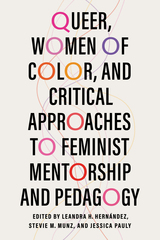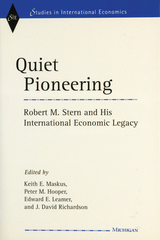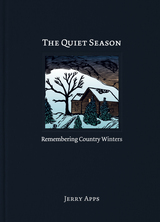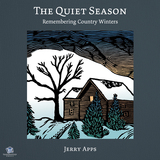2 books about Peters, Benjamin

Catholic Pacifist
The Long and Lonely Quest of Gordon Zahn
Benjamin Peters
Catholic University of America Press, 2026
A study of the life and work of Gordon Zahn (1918-2007), one of the most significant and formative figures in the history of the US Catholic peace movement. During World War II, Zahn was one of only a handful of US Catholic conscientious objectors, an experience that first put him in contact with Dorothy Day and the Catholic Worker. Following the war, Zahn completed a PhD in sociology at The Catholic University of America where Paul Hanly Furfey’s “supernatural sociology” had a profound effect on him. After joining the faculty at Loyola University, Chicago, Zahn won a Fulbright year in Germany (1956-57) where he discovered the story of Franz Jägerstätter, the Austrian Catholic farmer, husband, and father who was beheaded by the Nazis in 1943 for refusing to participate in Hitler’s military. It was Zahn’s 1964 book In Solitary Witness that introduced Jägerstätter to an international audience and led to his beatification by Pope Benedict XVI in 2007. This work, along with Zahn’s several other books, secured his place as a leading intellectual in the Catholic peace movement. His work influenced the discussions of war and peace at the Second Vatican Council and he was enlisted as an expert witness during the drafting of the US Catholic Bishops’ pastoral letter on nuclear weapons, The Challenge of Peace (1983).
Zahn made one of the most intellectually developed cases in the US for "Catholic pacifism"—two terms that both Catholics and pacifists had long regarded as deeply incompatible. Forging a Catholic pacifist position led him to be far more perceptive and critical of US political and military institutions than most of fellow US Catholics. Ultimately, Zahn saw the Catholic Church as the only institution capable of resisting, and support those who resist, modern warfare and the modern war-making state. His traditional view of the Church grounded his claim that Catholics can be pacifist and his further assertion that the Church should serve as a “source of dissent” for Catholics and others, especially during times of war. While marginalized within the broader US Catholic intellectual community, Zahn found common cause with other Catholic luminaries who are now seen to be ahead of their time, including Dorothy Day, Thomas Merton, and Daniel Berrigan.
Gordon Zahn’s story serves as a template for telling the broader story of the US Catholic peace movement and the development of Catholic attitudes on war and conscientious objection that took place within the twentieth century.
[more]

Collaborative Research in the Datafied Society
Methods and Practices for Investigation and Intervention
Mirko Tobias Schäfer
Amsterdam University Press, 2024
The influence of austerity measures and neoliberal ideologies has sparked discussions about the relevance and value of academic institutions, particularly in the humanities and social sciences. Universities are redirecting academic focus towards greater societal engagement. This book argues that academia has much to gain by moving beyond its institutional walls, in our case, by doing data work with stakeholders and civil society. This collaborative work benefits citizens in our democratic, open societies and advances our knowledge economies.
Collaborative Research in the Datafied Society offers a combination of theoretical insights, practical methodologies, and case studies, showcasing the power of collaborative research with stakeholders across diverse communities and civil society to tackle challenges that address pressing issues stemming from data practices and social justice issues. Taken together, the book’s chapters formulate relevant concepts for grounding societally engaged research in the theories and methodologies from different disciplines. In addition, the book informs university administrators and research directors how to advance academia effectively towards mutual knowledge transfer with societal sectors.
Collaborative Research in the Datafied Society offers a combination of theoretical insights, practical methodologies, and case studies, showcasing the power of collaborative research with stakeholders across diverse communities and civil society to tackle challenges that address pressing issues stemming from data practices and social justice issues. Taken together, the book’s chapters formulate relevant concepts for grounding societally engaged research in the theories and methodologies from different disciplines. In addition, the book informs university administrators and research directors how to advance academia effectively towards mutual knowledge transfer with societal sectors.
[more]
READERS
Browse our collection.
PUBLISHERS
See BiblioVault's publisher services.
STUDENT SERVICES
Files for college accessibility offices.
UChicago Accessibility Resources
home | accessibility | search | about | contact us
BiblioVault ® 2001 - 2025
The University of Chicago Press









